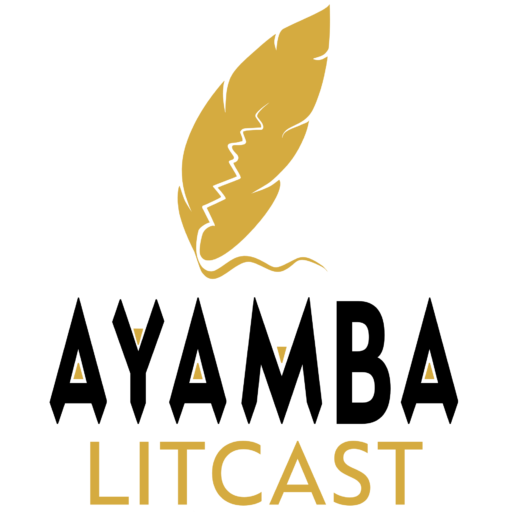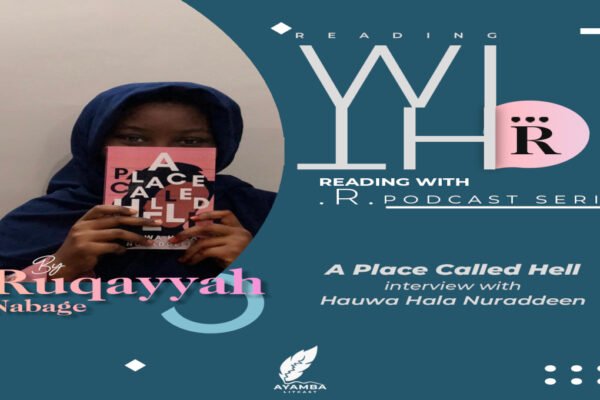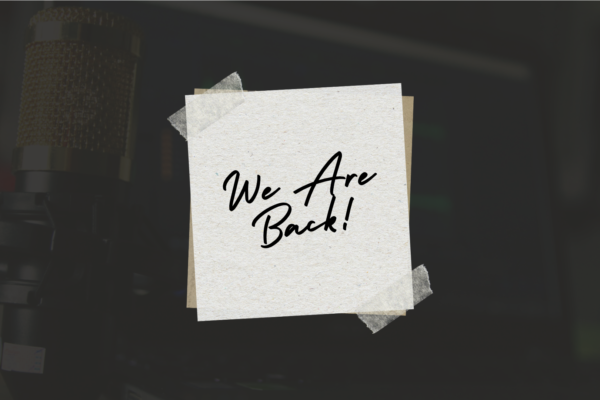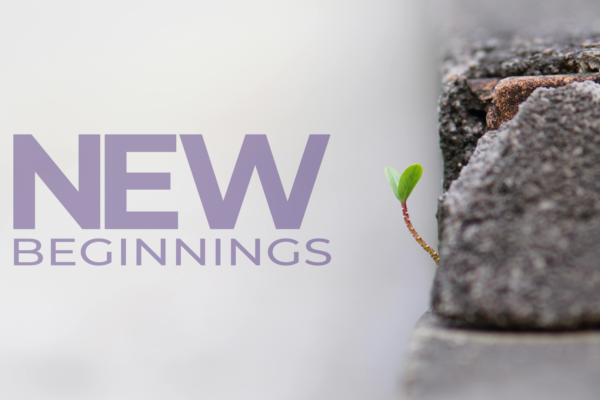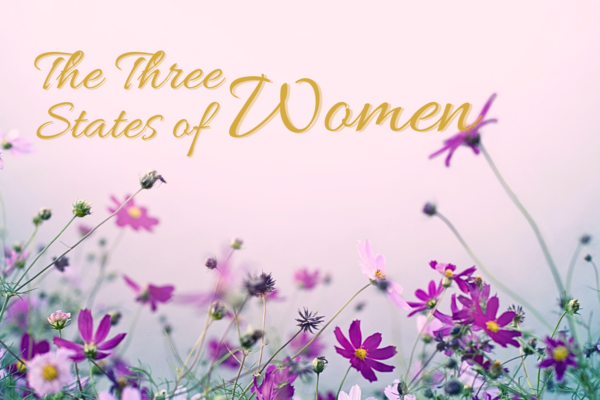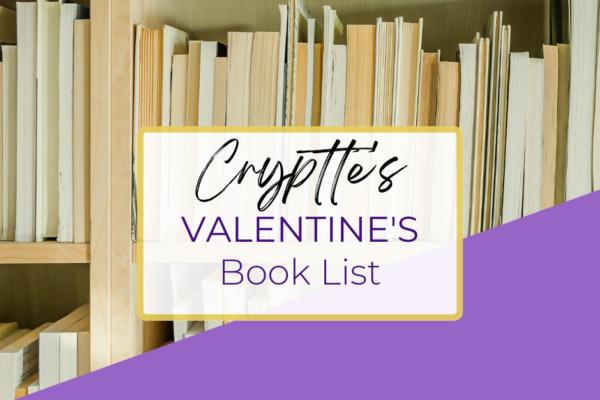Hauwa Shaffii Nuhu in conversation with Basit Jami’u
This interview was conducted in May, 2019.
“The primary motive for curating the SELVES anthology is to improve the visibility of nonfiction in Africa.”
Ayamba: When I think of you, Basit, the image that comes to my mind is that of a huge, huge library. Because you are one of the most widely read people I know. Can you talk to me about some of the most astounding books you have read or about those that have influenced your writing and life?
Basit Jamiu: It is always hard to mention a book without a disappointing sense of placing one over the other or reducing the influence they’ve had in my life and writing. I acknowledge the immense contribution that every book I have read brought to my life. I am often moved by how this affection for books developed as I grow with the years. Surprisingly, I have no idea as to how it started and who influenced it. I didn’t grow up in a home filled with books or with parents obsessed about books. My parents have always been more particular about not wanting to leave our stomachs empty for a single day, they did their best. I grew up in a village without a library, bank, or cinema. We lacked so many things. In those days, my parents didn’t allow us to watch Television at home or elsewhere. Children were expected to sit quietly and expect errands from elders. We were often afraid of getting caught peeping through the mosquito nets of people’s windows to watch movies. Getting caught would attract heavy punishment which came with an added fine of skipping either lunch or dinner. In a way, all of this shaped the genesis of my love for books. Having said this, I must say that I see all books, not primarily as an entertaining tool but also as an instrument of mind civilization. J. M. Coetzee’s Disgrace, The Sense of an Ending by Julian Barnes are arguably amongst the most astounding books I’ve read.
Ayamba: Wow. You are one of the very few readers I’ve met who didn’t grow up drowned in books especially from family and that makes this even more interesting for me. Readers often cite childhoods flanked by books as a central influence.
I knew you would mention Disgrace, LOL. Can you talk to me about your famous love for this book?
Basit: Disgrace is the closest thing to perfection I’ve read. A closer study of how Coetzee developed the character of his chief protagonist, Lurie, in the novel would help any reader appreciate this book even more. It wasn’t the first J. M. Coetzee book I’d read. I had read Youth, Waiting for Barbarians and two others. My initial interest towards Disgrace was as a result of the fact that he won his second Man Booker prize with it. You know, Coetzee is still the only African writer to win the Booker twice and arguably the most read Nobel Laureate in the world by non-academicians. Disgrace is short; simple sentences from the start to the end. It reads poetic even in its simplicity. Disgrace covers a lot of conversation – particularly on race, disgrace, rape and animal rights – and sparked new ones too. He was banned from South Africa because of this book if my memory serves me well. The protagonist is not likeable, in other words, he is annoying and he is many things I personally don’t want to be but, looking beyond that, he shows how imperfect humans are, how weak and vulnerable we truly are as living things, and lastly, how we struggle to make peace with things we cannot change. Coetzee made his story almost impossible to put down and shockingly unforgettable.
Ayamba: I read Disgrace a few years ago at your recommendation. I have always had conflicting and foggy thoughts about the book – about the story itself. I do not like what happens in the book but then again which book ever really gives us the exact story we want to read, aside our imagination. But one thing I find myself unable to dispute is that it was great writing. The writing was simply impeccable.
The Only Story by Julian Barnes remains one of my favourite books as well; a book of astounding elegance, so well written, so beautifully tender and soft. What are you currently reading?
Basit: I am currently rereading The Stranger by Albert Camus. I have also been reading a big textbook that covers everything on Islamic Banking and Finance.
Ayamba: The Stranger, another masterpiece.
Let’s talk about writing now. I want you to tell me about that day you realised writing was what you wanted to do.
Basit: I write when I can but I don’t have this strong urge to be this beautiful thing called writer. I am a writer or I can write now simply because I have read a lot of writers. Lastly, I do not see writing as a glamorous profession and I do not love writing more than I love to read.
Ayamba: Oh wow. Well I do agree that writing isn’t glamorous lol. You curated SELVES, an anthology of creative nonfiction. The regular tendency is to do an anthology of poems or prose, why did you decide on nonfiction?
Basit: The primary motive is to improve the visibility of nonfiction in Africa. Nonfiction is one of the most overlooked genre. So far, I am happy to know that the genre is slowly gaining more readers. I am glad that SELVES has been able to introduce so many readers to the beauty of creative nonfiction. Going by the current progress, I am hopeful that nonfiction will get to a point where it would be appreciated like its two sisters in Africa – poetry and prose.
Ayamba: True, true. SELVES has done so well in improving the visibility of nonfiction in Africa.
Nooow, we’re rounding up so can you please teach us how to say “thank you” in your language?
Basit: Thank you in Ebira is Avor. It is the most used word in Ebira after Wa’o (Hello).
Ayamba: Thank you so much Basit for granting this interview.
Basit: Thank you, Hauwa.
Basit is Founding Editor of the AfroAnthology Series as well as Editor at Enkare Review. He curated the award winning Selves Anthology, a collection of creative nonfiction pieces from talented, young African writers. As a writer, his works have appeared in Litro Magazine, Saraba, Expound & others. Basit appeared on the YNaija 2018 New Establishment List.)
The interviewer, Hauwa Nuhu Shaffii has her bio in the members’profile section.
